Scientists, Oceana Demand Commerce Secretary Take Credible Action for Sea Turtle Protection
Press Release Date: October 2, 2009
Location: Washington, DC
Contact:
Anna Baxter | email: abaxter@oceana.org
Anna Baxter
— Oceana submitted a petition today that demands U.S. Commerce Secretary Carlos Gutierrez take credible action to protect the six species of sea turtles swimming in U.S. waters, which are all listed as endangered or threatened under the Endangered Species Act because their populations are at such low levels. The petition was accompanied by a letter from leading sea turtle scientists, who are concerned that the federal government has twice sought and twice ignored advice on sea turtles from its own experts.
“Without credible scientific information, the government is free to play political games with sea turtle protections—and that is just what they are doing, said Dr. Michael Hirshfield, Oceana’s chief scientist and vice president for North America. “The government needs to protect sea turtles for real, by setting real limits on the number fishermen can catch. The goal of the Endangered Species Act is the recovery of the species, not their continued status on the edge of extinction.”
Oceana’s petition for rulemaking demands the government take three steps: 1. Conduct in-water surveys to determine population levels accurately; 2. Increase the number of observers on commercial fishing boats, to better count the number of turtles that end up caught by fishermen; and 3. Set limits on the number of turtle takes that commercial fishing operations can reach.
These and other recommendations are contained in two reports issued in 1998 and 2000 by the Turtle Expert Working Group, a panel of scientists appointed by the National Marine Fisheries Service, an agency of the National Oceanic and Atmospheric Administration (NOAA), which itself comes under the Commerce Department.
“Ten years after the Fisheries Service appointed the panel, and five years after its latest report, that agency has largely ignored the recommendations of its own turtle experts,” said Eric Bilsky, Oceana’s senior attorney. “The Fisheries Service still uses nesting beach surveys to document sea turtle abundance, despite the panel’s conclusion that such surveys are an inadequate measuring tool. We’re asking Secretary Gutierrez to act on the recommendations of the Fisheries Service’s own scientists to gather the necessary data in order to make informed management decisions.”
Pressures on sea turtle populations include coastal development, pollution and, especially, indiscriminate commercial fishing gear, which alone accounts for up to 300,000 turtle takes a year globally.
Florida’s Archie Carr National Wildlife Refuge, a 20-mile stretch of Atlantic coastline, accounts for 25 percent of loggerhead nests in the United States, making it the most important nesting area for loggerheads in the Western Hemisphere. The most recent numbers show loggerhead nests there have plummeted from nearly 18,000 in 1998 to 8,000 in 2004. Since Florida hosts 90 percent of the North American loggerheads, these declines may well spell disaster for that species.



